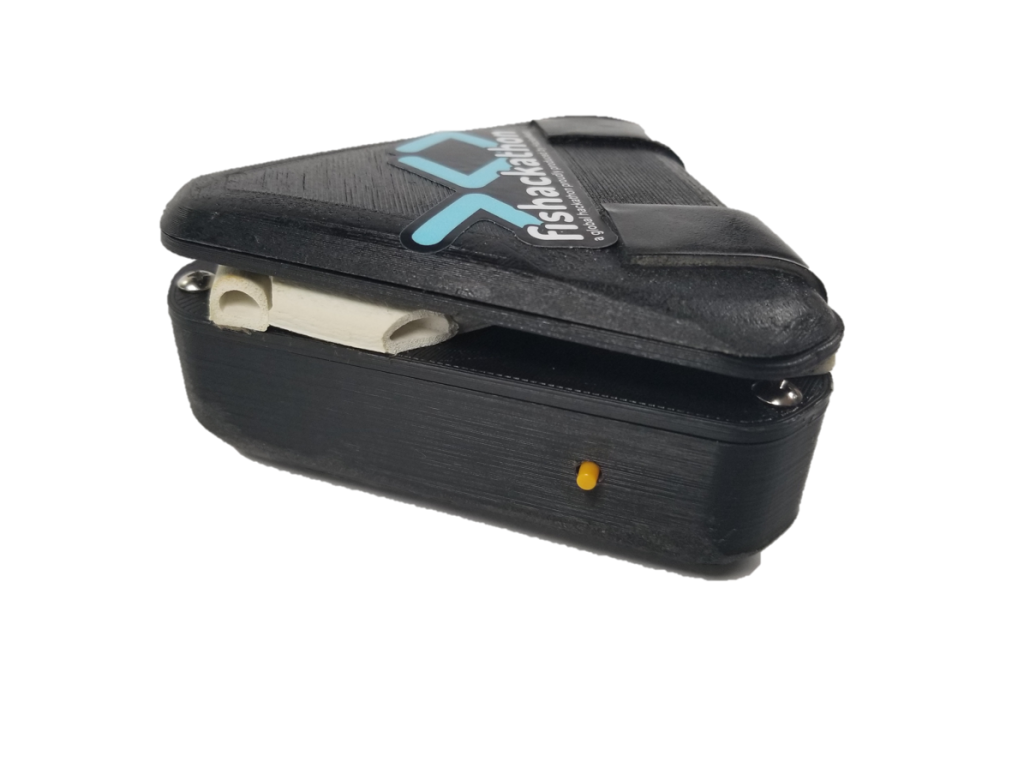Bringing the world together to protect life in our waters, make fisheries and aquaculture more sustainable and equitable, and preserve our planet’s future.
The only thing better than eating fish is hacking them.
In the proverbial sense of course.
On the second week of February, I lead team ‘Finna hit a Fin’ at Hackernest’s annual Fishackathon held at Toronto city hall. Through a rigorous 28 hour non-stop development cycle, we managed to create and present a functional prototype of our solution; Infinifish.
Infinifish is a hand-held device that simplifies fish identification, meant to capture data from the fin, compare it against a known datasource, and provide an accurate identification of its species. For our prototype, we harnessed spectroscopy (color-sensing), as well as translucency data to identify a fish fin, and therefore, the fish.

Similar to a human fingerprint, fish fins are perhaps the most unique aspect of a fish. Our team wanted to take this idea further and create a simple, cheap ‘fingerprint’ scanner for fish.
Presented amongst the app-heavy crowd at Fishackathon Toronto, we discussed the modern relevancy of spectroscopy in light of all the AI and photo recognition technology. Quite simply; image/pattern recognition has its difficulties. These difficulties are being migitated via AI application to tech such as facial recognition, but until then, color pattern mapping via spectroscopy remains the affordable and simple solution.
 Infinifish was a hit among the crowd with a demonstration involving live fin data, finishing the day at 2nd place, and was eventually presented to the faculty of applied science and technology (FAST) at Sheridan College.
Infinifish was a hit among the crowd with a demonstration involving live fin data, finishing the day at 2nd place, and was eventually presented to the faculty of applied science and technology (FAST) at Sheridan College.
Our solution is targeted primarily towards research and marine biology in hopes of automating currently manual identification methodologies, as well as recreational.
Infinifish is currently in development with effort being placed into enhancing accuracy via pattern matching, and will (hopefully!) be presented at the next Fishackathon in 2019.

